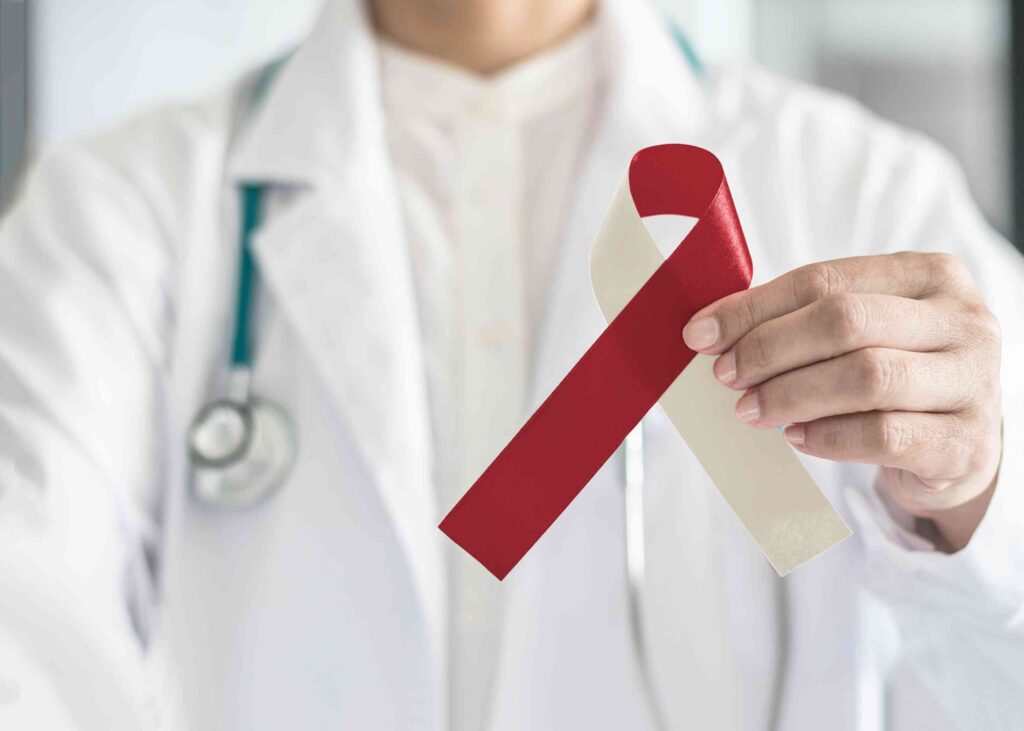
When you consider the health of your smile, you are generally considering tooth decay and gum disease, but do you know if you are at increased risk for oral cancer? This refers to cancer that develops in any part that makes up the oral cavity. It can occur on the lips, tongue, gums, cheeks, roof, and floor of the mouth. Read on to learn more about the risk factors of oral cancer as well as the warning signs of this disease.
What Factors Put You at Risk for Oral Cancer?
No one knows exactly why oral cancer occurs, but it has become apparent that some factors play a role in increasing your risk. Here are some of the most prominent ones.
- Tobacco: Smoking cigarettes, cigars, pipe tobacco, and the use of smokeless or chewing tobacco is one of the most well-known risks of oral cancer. In fact, about 90% of people who have oral cancer use tobacco products.
- Alcohol Use: If you are a heavy drinker, you are much more likely to be diagnosed with oral cancer. If you use tobacco, this is even higher!
- Sun Exposure: Excessive sun exposure to the lips increases the risk of oral cancer.
- Human Papillomavirus (HPV): This type of cancer can be linked to HPV. It is generally found in the back of the throat, the base of the tongue, and the tonsils.
- Age: This type of cancer can develop at any age, but people who are older than 45 have a higher risk.
What Are the Signs of Oral Cancer?
Symptoms are different for everyone, but here are some of the most common signs that people experience:
- Mouth sores
- White or red patches
- Swelling of the neck
- Difficulty swallowing or chewing
- Weight loss
- Halitosis (bad breath)
- Lump in the cheek
- Difficulty moving the jaw or tongue
How Can You Minimize Your Risk of Oral Cancer?
Fortunately, cancers of the mouth are fairly preventable. Here are a few ways that you can reduce your risk.
- Quit using tobacco products
- Eat a balanced diet
- Practice excellent oral hygiene
- Drink alcohol only in moderation
- Limit sun exposure
- Us an SPF lip balm
- If you have dentures, remove them at night and clean them daily.
Oral cancer can be deadly, but by taking the steps listed above, you can lower your risk of this condition. Seeing your dentist for regular screenings is also an important step in keeping your smile in good health. Early detection is key for making a full recovery.
About the Author
At Harbor Dental Center, Dr. Bhatt and Dr. Todd work together to treat patients in the Cambridge community. With their combined experience and expertise, patients can get pretty much anything they need under one roof. To learn more about oral cancer or to schedule your next screening, visit our website or call (410) 228-5445.
